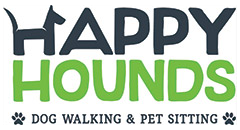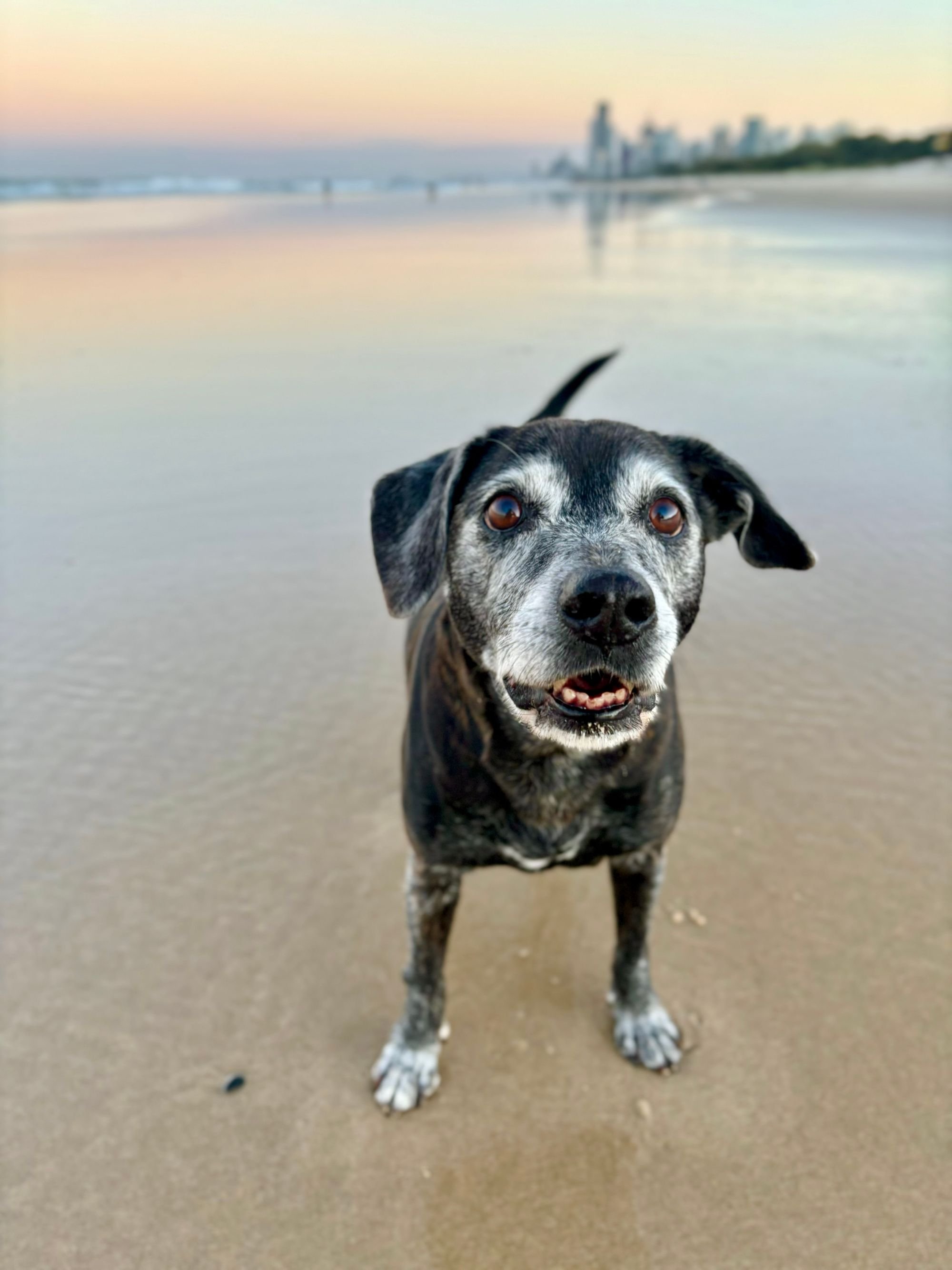Caring for Your Senior Companion: A Guide to Senior Dog Care
As our beloved canine companions grow older, their needs change, requiring special attention and care to ensure they continue to live happy, healthy lives. Senior dogs have given us years of unconditional love and loyalty, and it's our responsibility to provide them with the support and comfort they deserve in their golden years. In this blog post, we'll explore essential tips and considerations for caring for your senior dog.
Nutrition and Diet for Senior Dogs
Although you may be tempted to start letting your older dog indulge, it becomes more important than ever to maintain a healthy weight during the ageing process.
An overweight senior dog can experience inflammation and undue pressure on its organs due to their slower metabolism. Consider talking with your vet about introducing supplements to ensure all your dog’s nutritional needs are met as they age.
A well-balanced diet tailored to your senior dog's needs is essential for maintaining their overall health and well-being. Consider switching to a senior-specific dog food that is formulated to support joint health, digestive function, and cognitive function. Senior dogs may also benefit from supplements such as glucosamine for joint support or omega-3 fatty acids for coat and skin health. Monitor your dog's weight and adjust their food intake as needed to prevent obesity, which can exacerbate joint issues and other health problems.
Exercise and Mobility
While senior dogs may not be as active as they once were, regular, gentle exercise is still important for maintaining muscle tone, joint flexibility, and mental stimulation. Short, low-impact walks or swimming sessions can help keep your senior dog mobile and engaged. Provide comfortable bedding and ensure easy access to areas of your home to accommodate any mobility challenges your dog may experience.
Follow their lead. This is not often heard when it comes to dog behaviour; after all, you spent so long training them to follow yours! However, it’s important not to push older dogs past their limits, so you may need to choose the smaller incline hike or skip the swim for a long walk on the sand.
If they want to have a day in, let them, but don’t be afraid to gently encourage them to stay active. Keep up your usual walking routine as much as possible, as a reassuring daily framework will keep your dog comfortable and happy.
Grooming and Hygiene
Nobody likes a stinky dog! And this might be one of the first signs that your beloved pet is beginning to feel its age.
Older dogs can have difficulty grooming themselves, meaning you may need to lend a hand with more regular brushings and baths. While doing so, keep an eye out for any strange lumps, bumps, or rashes to present to your vet.
Senior dogs may require more frequent grooming to keep their coat clean and free of mats, especially if they have mobility issues that make self-grooming difficult. Regular brushing not only helps to distribute natural oils and prevent tangles but also provides an opportunity to check for lumps, bumps, or skin irritations that may need veterinary attention. Dental care is also crucial for senior dogs to prevent dental disease, so consider regular teeth brushing and dental exams as part of their grooming routine.
Mental and Emotional Well-being
Mental exercise is always as important as physical for your dog, but even more so when they begin to age.
Senior dogs thrive on routine and familiar surroundings, so try to maintain a consistent daily schedule to reduce anxiety and stress. Provide plenty of opportunities for mental stimulation through interactive toys, scavenger hunts, puzzle feeders, and short training sessions that engage their minds and reinforce positive behaviours. Spend quality time bonding with your senior dog through gentle petting, massage, or simply sitting together in a quiet, comfortable space.
Veterinary Care and Regular Check-ups
Ageing dogs can find everyday things such as temperature regulation and mobility difficult, so it’s up to their pet parent to notice subtle signs of discomfort or pain. For example, if your older dog is eating differently, avoiding stairs, not jumping when they usually would, limping or lying down much more than usual, they may need vet attention.
During their senior years, your best friend will need more regular check ups with the vet. A check-up will enable your vet to monitor your dog’s baseline, keep an eye on their muscle mass, tartar build-up and weight gain, and allow for early detection of issues such as heart disease, hearing loss, irritated skin, kidney, or liver disease.
Making Adjustments for Senior Dogs
Some breeds begin to lose mobility as they age. This can be upsetting for older dogs if they’ve always enjoyed unrestricted access to everything from cuddling on the couch to climbing stairs.
As your dog ages, you may need to make adjustments to their living environment to ensure their comfort and safety. Consider installing ramps or pet stairs to help them access furniture or outdoor spaces more easily. Provide non-slip mats or rugs on slippery floors to prevent falls, and keep pathways clear of obstacles that could trip or hinder their mobility.
Common health problems that affect elderly dogs
Hearing loss
Vision loss
Joint pain
Cognitive impairment
Heart problems
Cancer
Weight fluctuations
Incontinence
Poor kidney function
Celebrating the Joys of Senior Dog Companionship
While caring for a senior dog requires dedication and attention to their changing needs, it's also a time to cherish the bond you share with your faithful companion. Senior dogs have a lifetime of wisdom and love to offer, and they deserve our respect and admiration for the joy they bring to our lives.
Caring for a senior dog is a rewarding journey that requires patience, compassion, and a commitment to their well-being. By understanding their unique needs and providing them with the care and attention they deserve, you can ensure that your senior dog enjoys a comfortable and fulfilling life in their later years.







